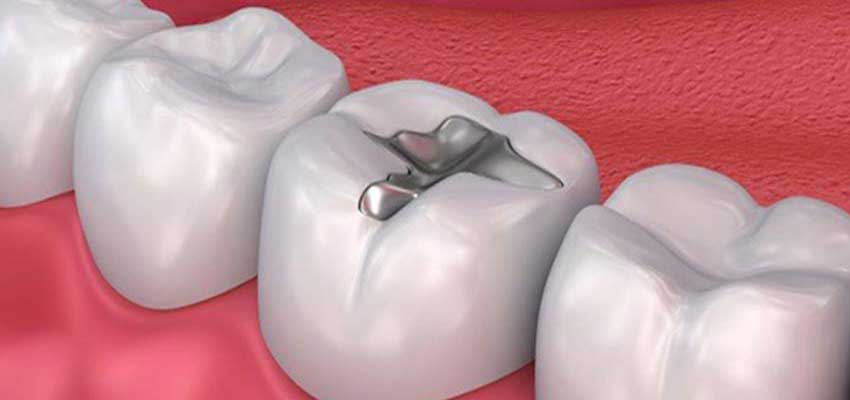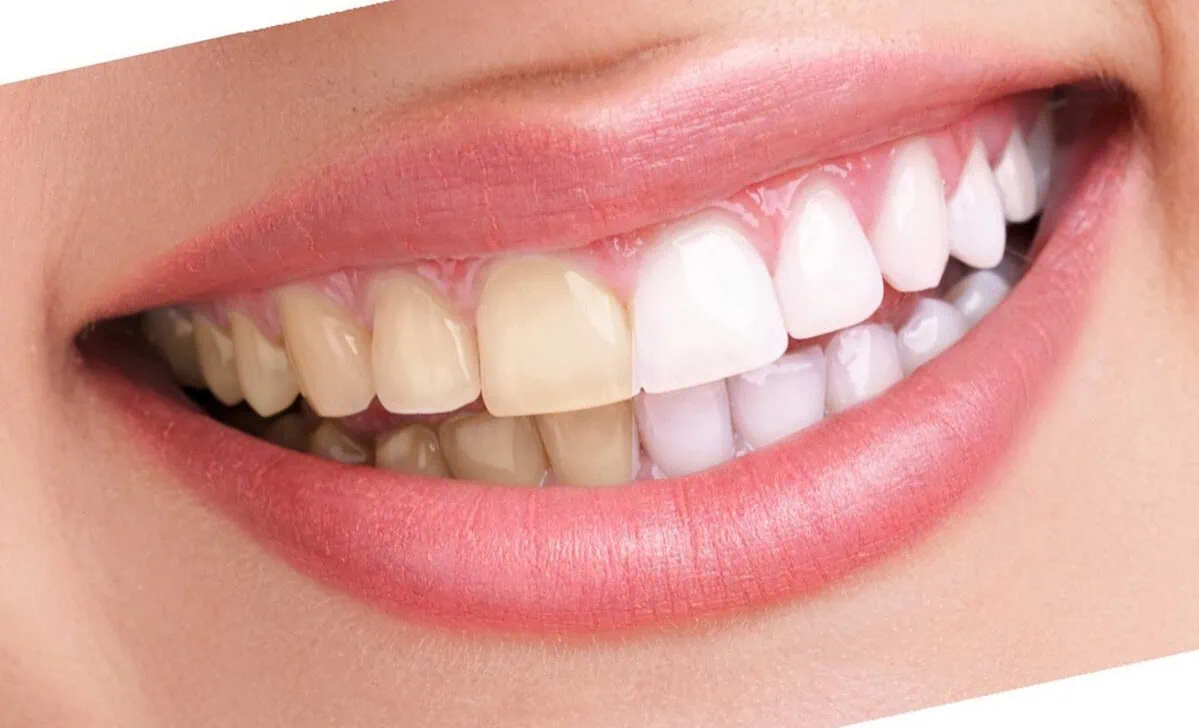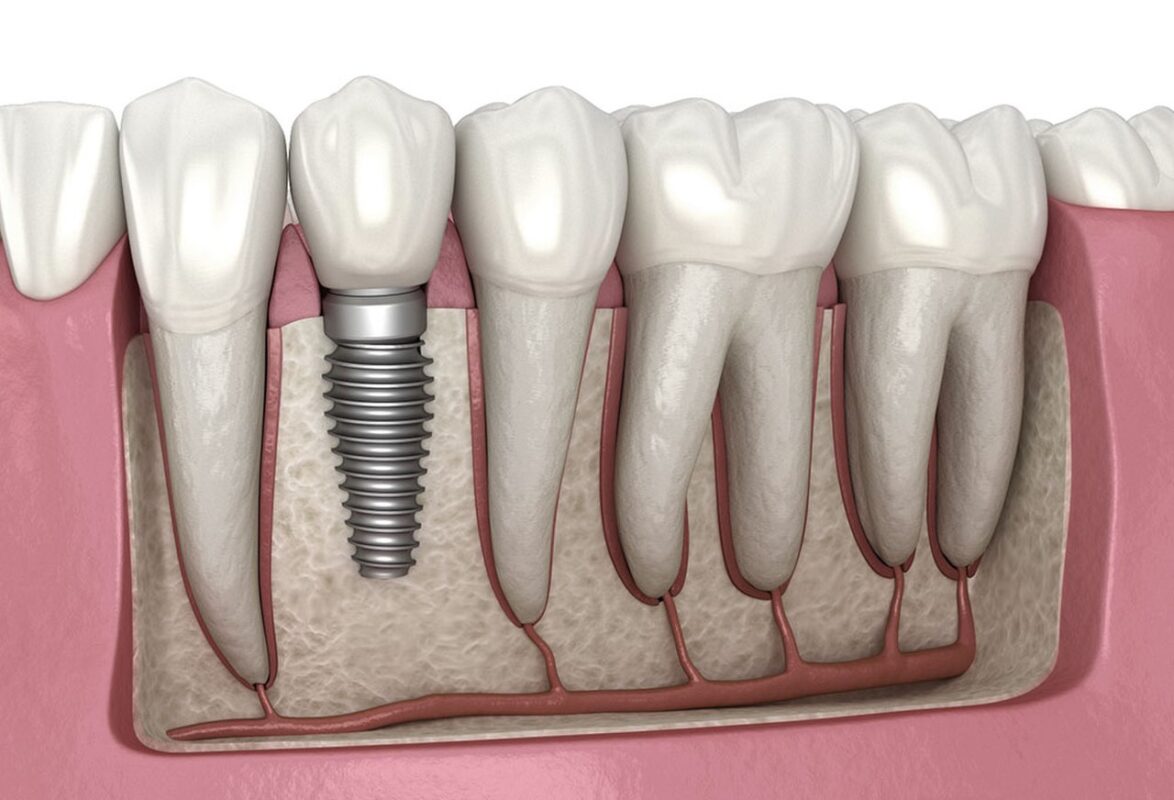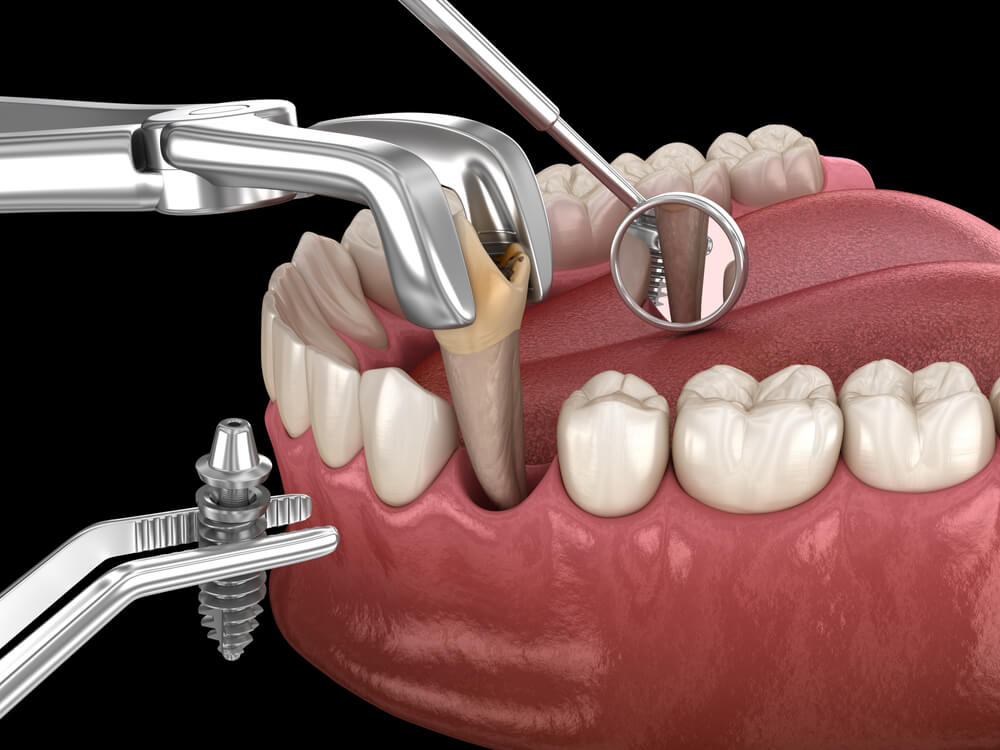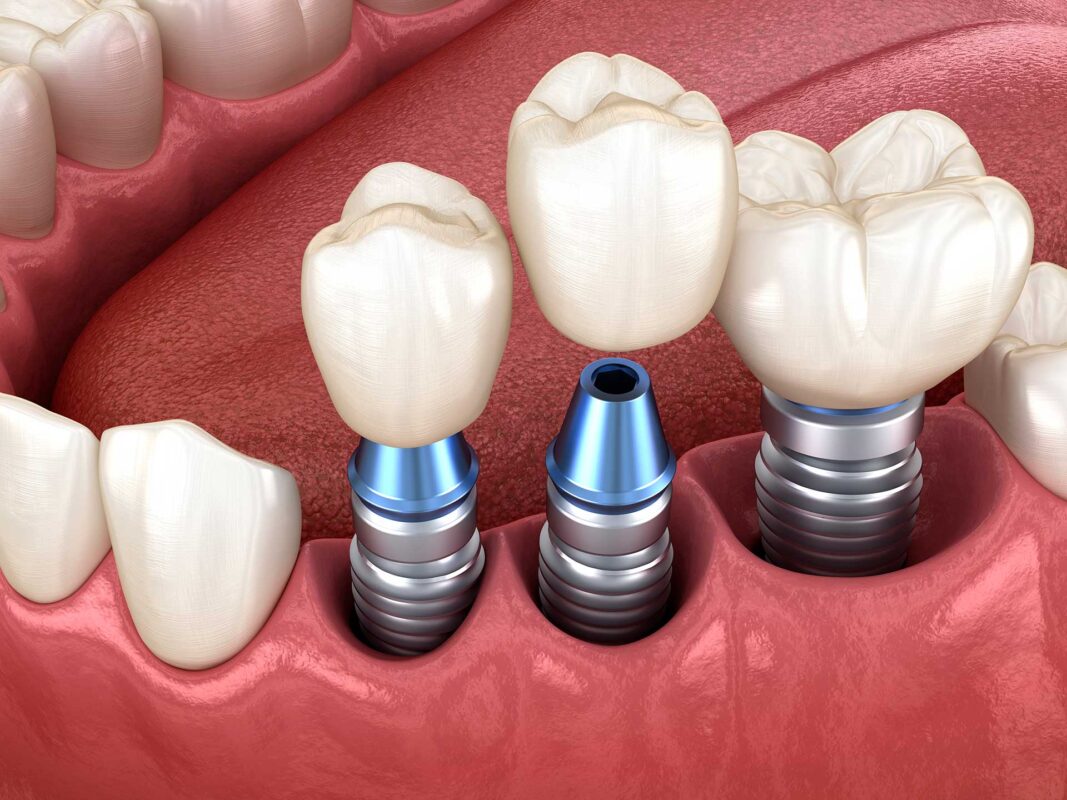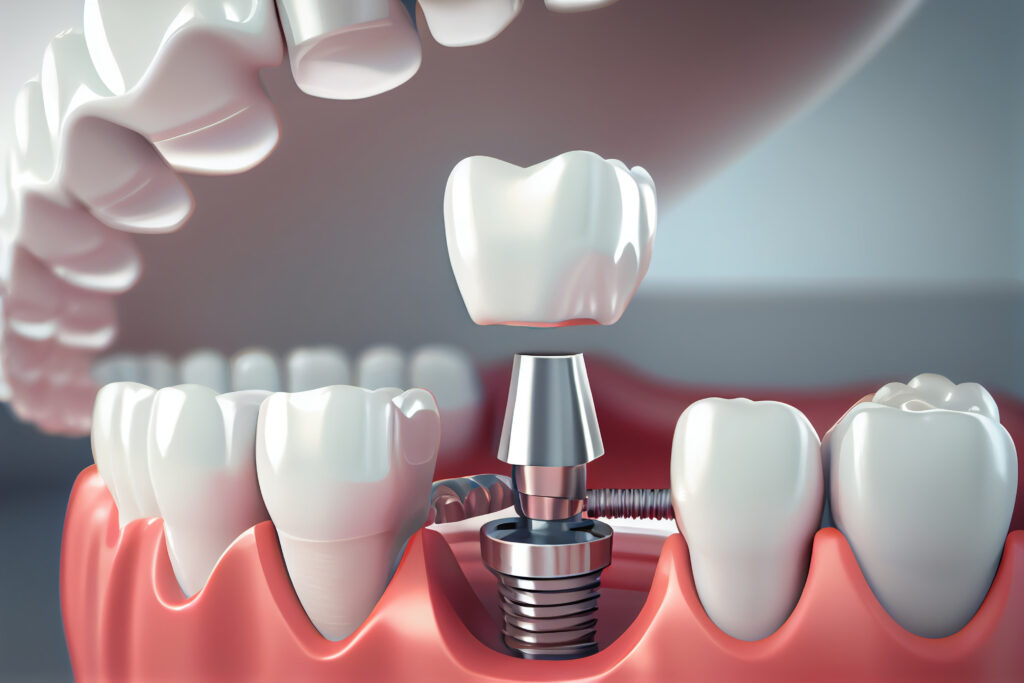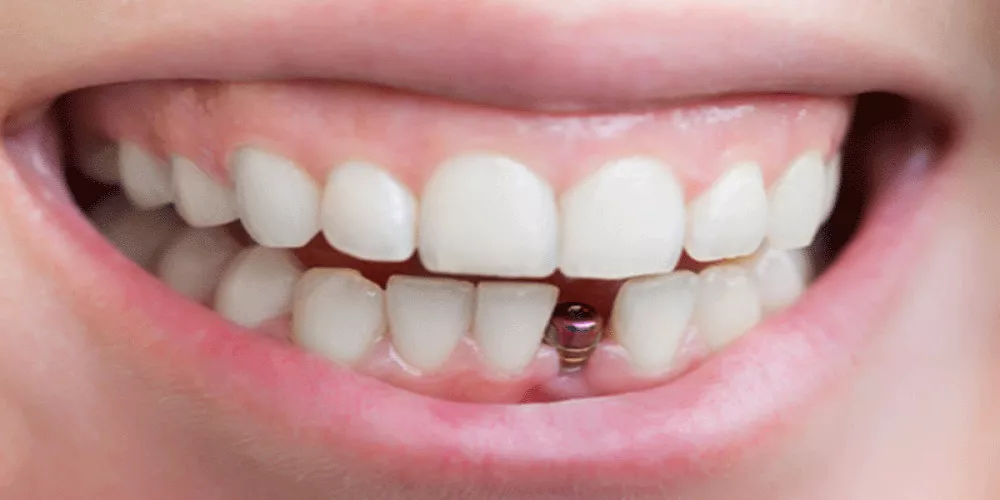Dental Implants
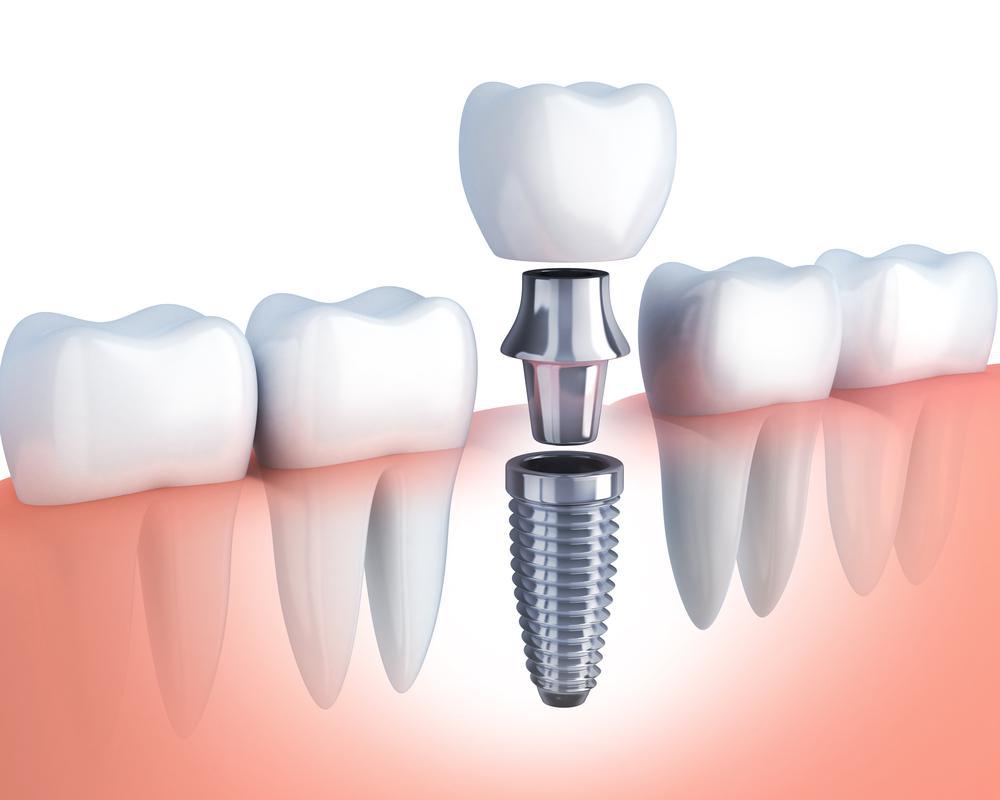
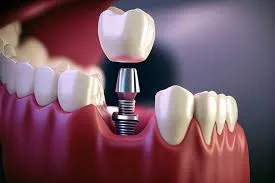
How to Prepare for Dental Implant Surgery:
Preparing for Dental Implants Surgery is an important step to ensure the success of the procedure and a speedy recovery. Here are brief steps to prepare:
Consulting and planning:Visit your dentist for a comprehensive examination, including X-rays, to assess the condition of your jawbone and prepare for the implant.
Patient's medical history:Tell your doctor about any illnesses or medications that may affect healing.
Quitting smoking:Try to stop smoking, as it affects bone healing and increases the risks of the operation.
Oral hygiene: Clean your teeth well and follow your dentist's instructions for oral care to reduce the risk of infection.
Planning for rest time:Arrange your schedule so that you give yourself enough time to rest after the procedure.
Preparing soft meals:Prepare easy-to-digest foods to eat after the procedure.
Following these steps will improve your transplant experience and help you recover faster.
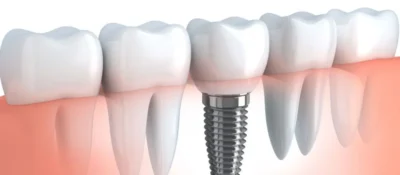
Everything You Need to Know About Dental Implants Steps From Start to Finish:
The dental implant procedure begins with a comprehensive assessment of your oral and bone condition. Your dentist will perform a thorough examination using X-rays or 3D imaging to check the health of your bone and its suitability for the implant. In some cases, preparation may require additional procedures such as teeth cleaning or bone density enhancement.
After ensuring that the jaw is ready, a titanium abutment is carefully implanted into the bone, where this abutment acts as a stable base for the artificial tooth. The bone needs time to heal around the abutment, a stage known as osseointegration, which usually lasts from 3 to 6 months. When healing is complete, the doctor places an internal abutment over the implanted abutment. This abutment is ready to hold the final crown, which is carefully crafted to mimic the shape and color of the adjacent teeth, to look exactly like a natural tooth.
The process is concluded by placing the final crown on the abutment, after which periodic visits to the dentist are recommended to ensure the stability of the implant and the safety of the surrounding tissues. In this way, the dental implant procedure has been successfully completed, giving the patient stable teeth, natural oral functions, and an attractive smile that lasts for a long time.
If you’re wondering which dental implant types are best, check out our article: Best Types of Dental Implants
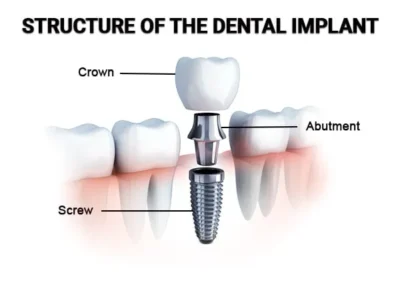
How to Maintain Dentures:
To maintain your dentures and ensure their long life, it is recommended to follow the following steps:
Brush your teeth regularly:Like natural teeth, dentures need daily cleaning with a soft brush and special toothpaste. This prevents plaque build-up and removes stains.
Use mouthwash:Mouthwash helps maintain oral hygiene and prevents the growth of harmful bacteria that may affect gums and dentures.
Avoid solid foods:It is preferable to avoid biting hard objects such as nuts or ice to avoid breakage or cracks in the dentures.
Regular follow-up with the doctor:Regular visits to the dentist are necessary to check the dentures and ensure their fit and health, and to make any adjustments if necessary.
Care of gums and surrounding tissues:Maintaining healthy gums is essential. Gently brush and massage your gums with a soft brush to promote blood flow and strengthen the tissues supporting your dentures.
Quit smoking:Smoking causes stains on dentures and affects gum health, which reduces the life of dentures and increases the chances of oral infections.
Clean with lukewarm water:When washing dentures, it is preferable to use lukewarm water and avoid hot water, as the latter may affect the shape of the teeth or cause damage to their material.
Following these steps helps maintain the beauty and strength of dentures, and enhances comfort and confidence while using them.
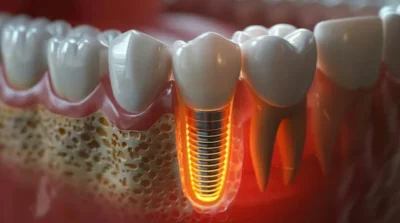
Benefits of Dental Implants: Restore Your Smile and Oral Health Permanently
Here are some of the main benefits of dental implants:
Restore normal oral functions:Dental implants help restore the ability to chew and speak normally, as implants work just like natural teeth.
Improve appearance and self-confidence:Dental implants look natural and help fill gaps, improving the appearance of your smile and boosting self-confidence.
Maintaining healthy jaw bones:Dental implants prevent bone erosion that occurs when natural teeth are lost, as they help maintain bone density and support the jaw structure.
Durability and longevity:Dental implants are a more permanent and durable option than traditional dentures and can last for many years with proper care.
Easy to care for:Dental implants require no special care other than regular cleaning, making them easy to maintain and comfortable in the long run.
Protect adjacent teeth:Dental implants do not affect the adjacent teeth, which means there is no need to reduce or modify healthy teeth to install bridges.
Read also: Are Permanent Dental Implants the Best Option for Missing Teeth?
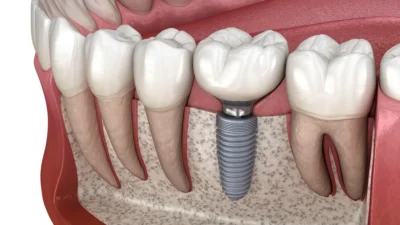
Finally:
In conclusion to our talk about dental implants, we see how this technique has become an ideal solution for anyone who wants to restore their smile and self-confidence. With scientific progress and modern technologies, it has become possible to obtain fixed and comfortable teeth that are similar to natural teeth in terms of form and function. Dental implants are not just a medical procedure, but a journey to restore health and beauty, and a step towards a life full of comfort and a permanent smile.
Please enter your data correctly
We will contact you as soon as possible.


